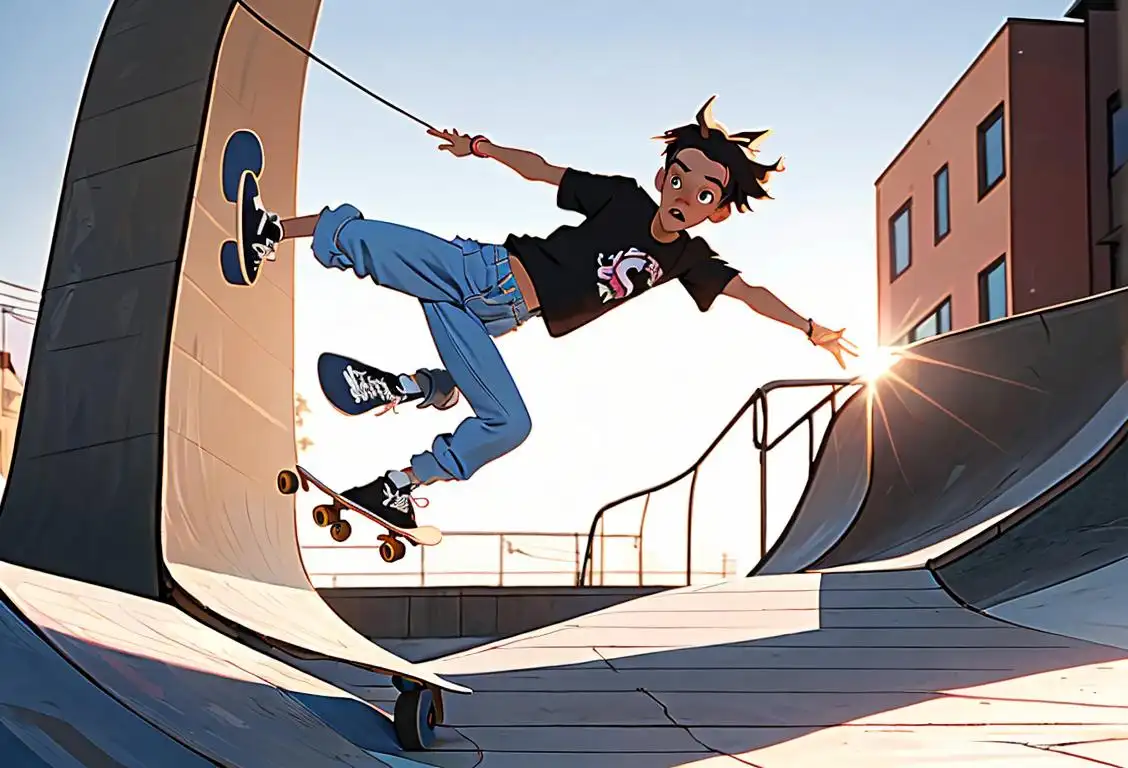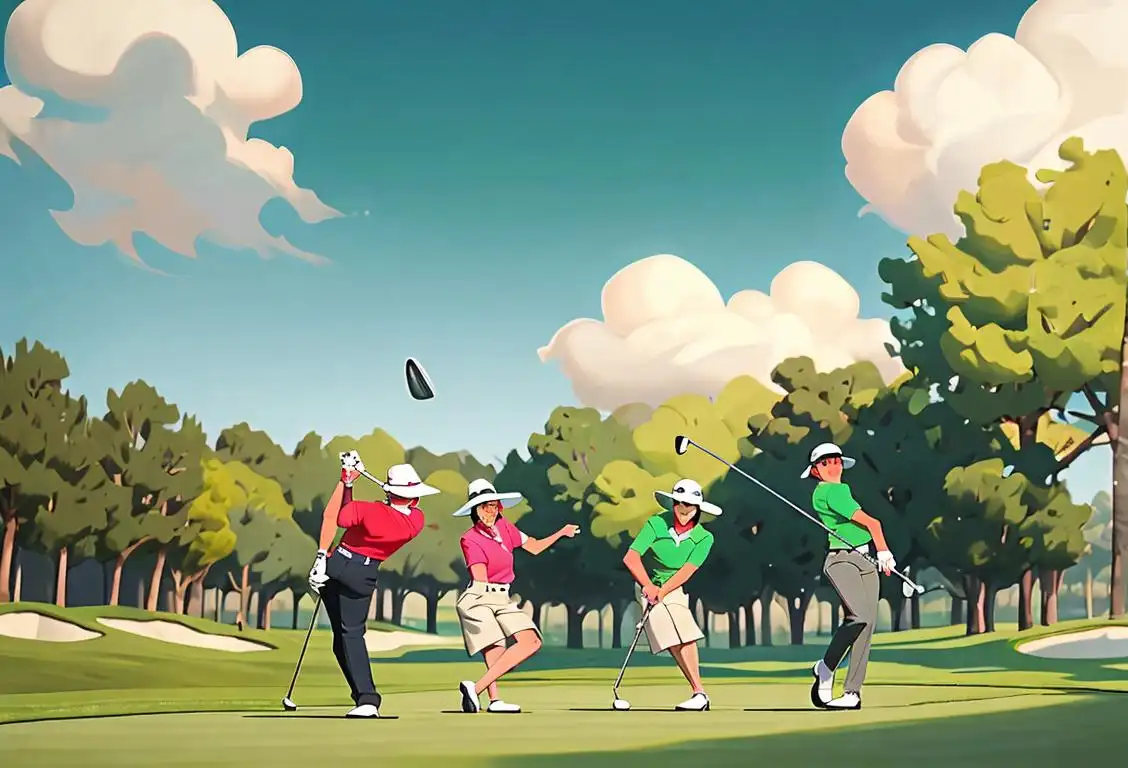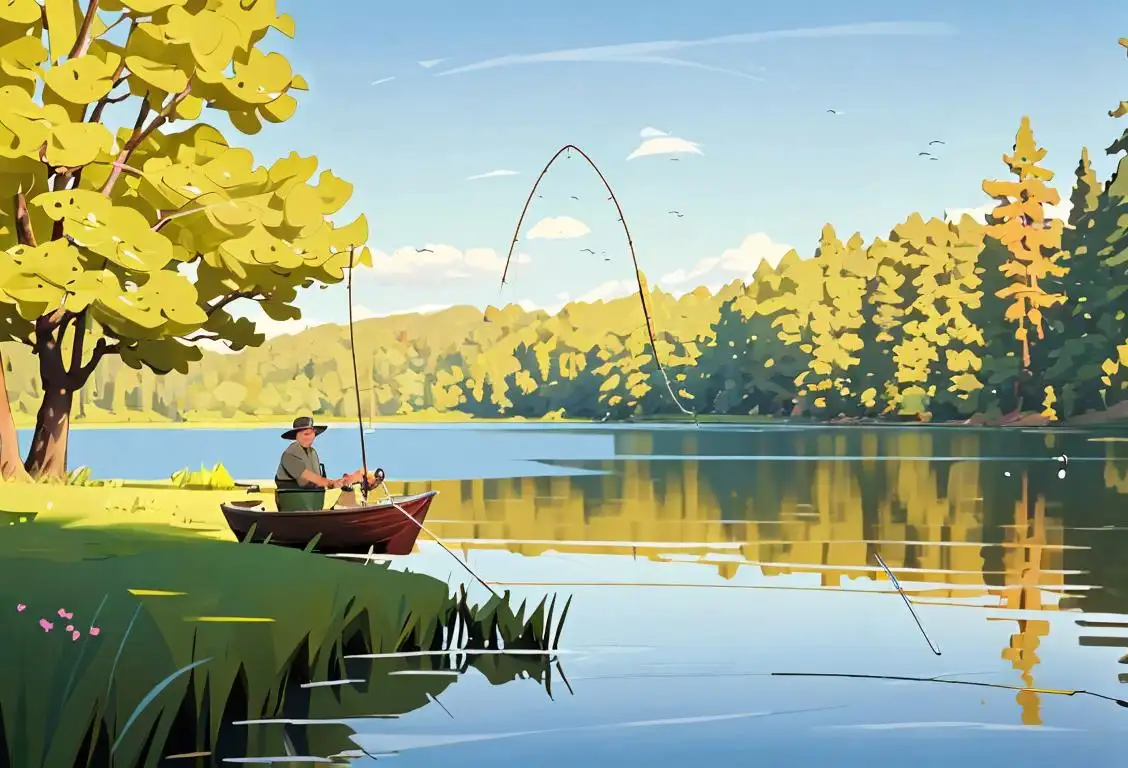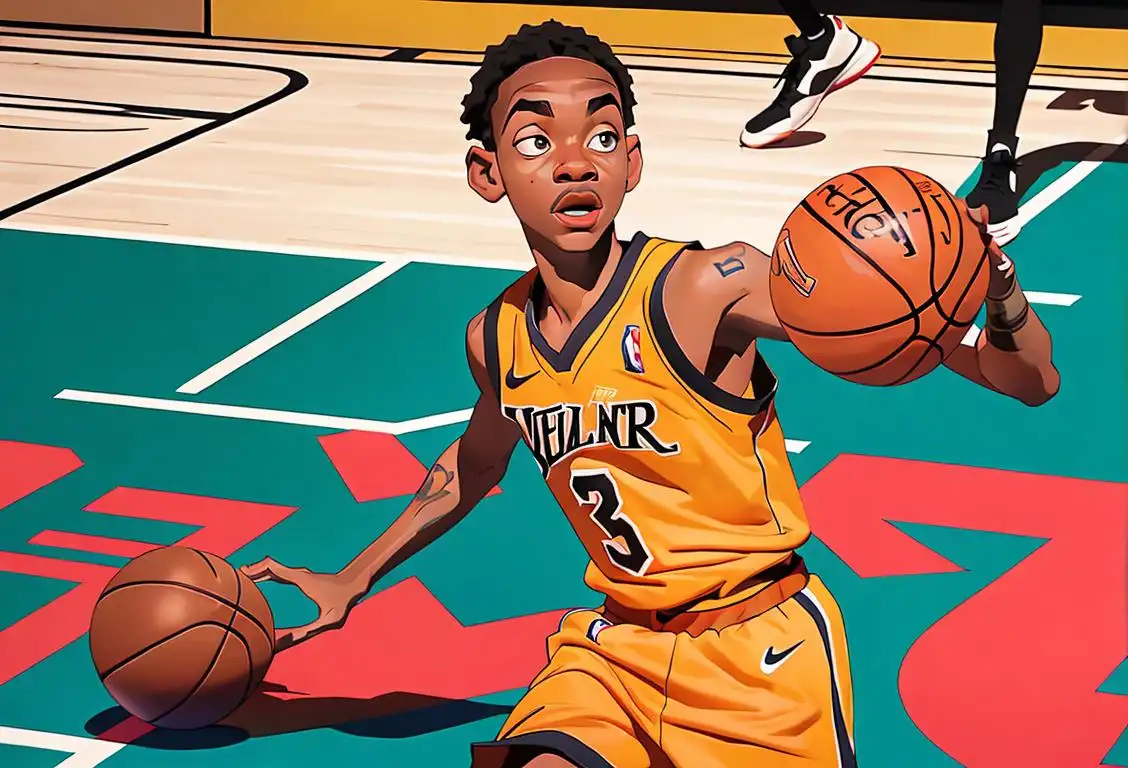National Skate Day

Hey there skate enthusiasts! Get ready to roll with excitement because it's National Skate Day! Whether you're a seasoned pro or a wobbly beginner, this is the day to grab your board and show off your skills. So lace up your sneakers and let's dive into the thrilling world of skateboarding!
When is Skate Day?
It's national skate day on the 21st June.
The Origin of National Skate Day
National Skate Day is a celebration of the adrenaline-fueled sport of skateboarding. This beloved holiday first gained traction in the digital realm, with mentions popping up all over the internet back on June 21, 2016. It's a day for skaters of all ages to come together and showcase their talent, creativity, and love for the sport.
A Brief History of Skateboarding
Skateboarding has come a long way since its humble origins in the 1940s. What started as a way for surfers to practice their skills on land quickly evolved into a global phenomenon. From bombarding empty swimming pools in the 1970s to the modern street-style tricks seen today, skateboarding has become an art form and cultural expression.
Over the years, skateboarding has gained recognition as a legitimate sport with its inclusion in events like the X Games and the Olympics. But National Skate Day is not just about competitions and medals; it's about embracing the spirit of individuality, freedom, and joy that skateboarding brings.
How to Celebrate National Skate Day
Ready to shred? Here are a few ideas to help you make the most of National Skate Day:
- Gather your skate crew, whether friends, family, or fellow skaters from your local park, and hit the streets together.
- Try out new tricks or challenge yourself to conquer that one elusive move you've been eyeing for months.
- Organize a skateboarding event in your community to raise awareness and promote the sport.
- Support local skate shops and brands by purchasing their products or attending special offers and promotions.
Did You Know?
Did you know that skateboarding has its own language? If you're new to the skateboarding scene, here are a few key terms to get you started:
- Kickflip: A trick where the skateboard is flipped (or kicked) in mid-air using the skater's foot.
- Grind: Sliding along an edge or rail with the skateboard's trucks.
- Ollie: The basic foundation for many skateboarding tricks, where the rider pops the board into the air using only their feet.
History behind the term 'Skate'
1760
Early Beginnings
The term 'skate' has its origins in the 1760s when the first recorded use of the word was in reference to a type of footwear. These early skates were made from animal bones, such as those from horses or oxen. People would attach these bones to their shoes, creating a primitive form of ice skates. This basic design allowed individuals to glide on frozen surfaces, paving the way for further developments in the world of skating.
1818
Introduction of Steel Blades
In 1818, the term 'skate' saw an important advancement when the first steel blades were introduced. These blades provided greater durability and improved performance on the ice. With the use of steel, skaters could easily glide and maneuver on frozen surfaces, opening up new possibilities for recreational and competitive skating.
1863
Formation of Skating Clubs
By 1863, skating had gained significant popularity, leading to the formation of skating clubs. These clubs provided a social setting for skaters to gather, share techniques, and organize formal competitions. The term 'skate' became increasingly associated with the sport itself, as skaters identified themselves as members of these clubs and participated in organized events.
1914
Introduction of Figure Skating
The year 1914 marked a significant milestone in the development of figure skating, elevating the term 'skate' to new heights. During this time, the International Skating Union was formed to regulate and govern the sport. With the introduction of figure skating, skaters began incorporating artistic and graceful movements to their routines, creating a beautiful form of expression on ice. The term 'skate' now encompassed various disciplines within the sport and became synonymous with elegance and skill.
1970s
Emergence of Skateboarding
In the 1970s, a subculture known as skateboarding gained significant popularity, reshaping the meaning of the term 'skate' yet again. Skateboarding involved riding and performing tricks on a narrow board with wheels, a stark departure from traditional ice skating. This new form of skating captured the imagination of countless individuals, leading to the creation of skate parks, competitions, and a vibrant skateboarding community. The term 'skate' now included both ice skating and this dynamic, street-based style of skateboarding.
Did you know?
Did you know that skateboarding has its own language? If you're new to the skateboarding scene, here are a few key terms to get you started: Kickflip, Grind, Ollie.Tagged
fun sportsFirst identified
21st June 2015Most mentioned on
21st June 2016Total mentions
550Other days
Golf Day
Hunting And Fishing Day
Cancer Survivors Day
Fitness Day
Memorial Day
Gymnastics Day
Dance Day
Foundation Day
Jr Smith Day
Left Handers Day









